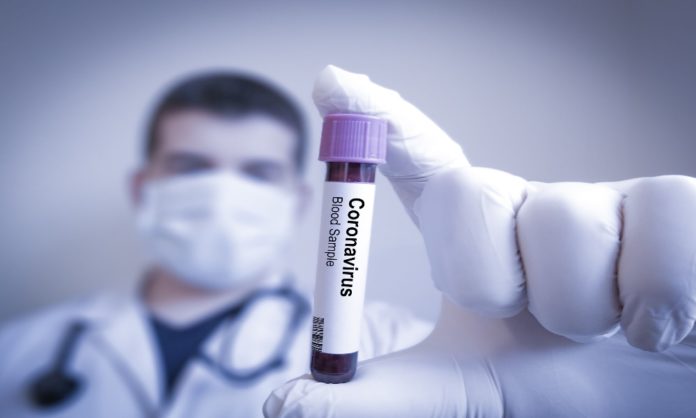Coronavirus studies are still underway. Greater research on the virus is key to understanding what makes many vulnerable to it and how we can avoid it.
Vitamin D Deficiency is Not To Blame
There has been a notable correlation between low levels of Vitamin D and coronavirus. However, a Vitamin D deficiency is not to blame particularly.
What Are Studies Saying?
PLoS Medicine published a study that suggests that boosting vitamin D levels will not help protect from COVID-19.
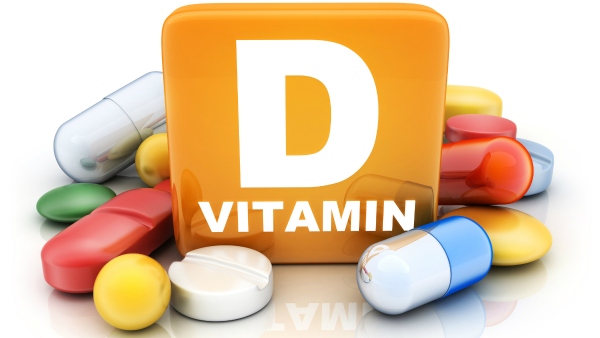
The test pool of the researchers was comprised of thousands of Europeans with ranging Vitamin D levels. A group of people were chosen who had a genetic variant that naturally gave them higher Vitamin D.
It was found that this group did not have a lower risk of COVID-19 infection which could also turn severe.
What Do The Results Suggest?
The results of the study suggest that boosting Vitamin D levels in bodies would protect people from the virus. This comes as a myth-breaker considering many started taking supplements of Vitamin D to protect themselves.
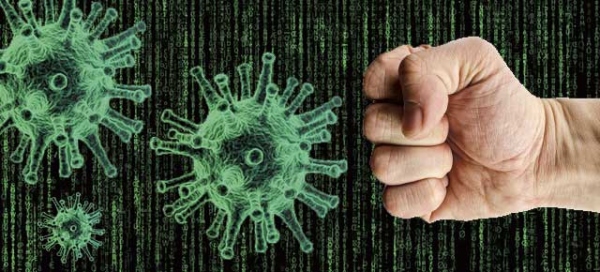
Other experts, however, believe that more research needs to be done. Especially on people from other regions considering Europeans have different genetic variations.
Immunity for Blood Cancer Patients
Blood cancer patients usually do not have antibody-producing cells in their bodies. Those suffering from serious forms of cancer usually lose these cells due to the different rigorous treatments they are subjected to.
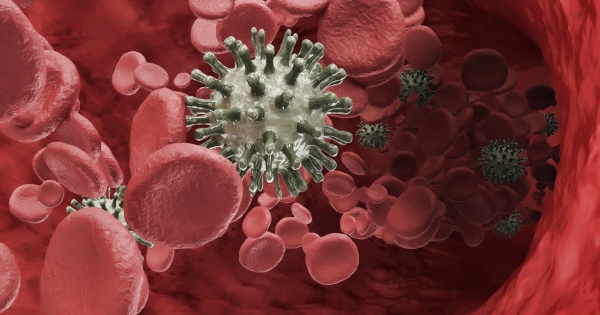
They face a greater risk for severe COVID-19 without antibodies. However, research has found that other immune cells, called T cells, can learn to attack the virus. The study was published in Nature Medicine.
As a result, blood cancer patients are more likely to succumb to COVID-19 as compared to patients with solid tumors or without cancer. However, even amongst them, those with higher levels of CD8 T are more likely to survive than those with lower levels.
Future Speculations
The authors of the study speculate that CD8 T cell’s response to COVID-19 vaccines can protect blood cancer patients. That is, even if they do not have typical antibody responses.
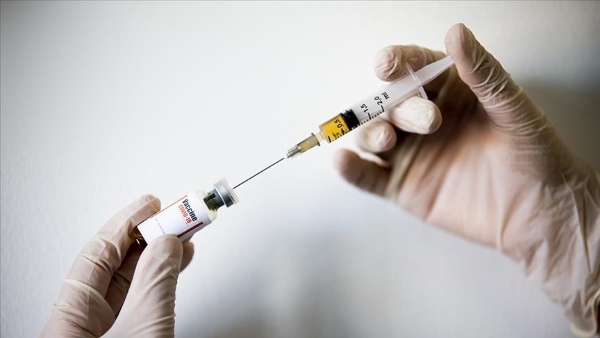
“This work can help us advise patients while we wait for more vaccine-specific studies,” said co-author Dr Erin Bange of the University of Pennsylvania in a statement. While the vaccine response will not be as strong as in those without blood cancer, it still has a lot of potentials.
Stay tuned to Brandsynario for the latest news and updates.











































